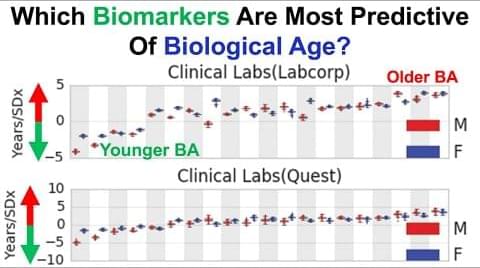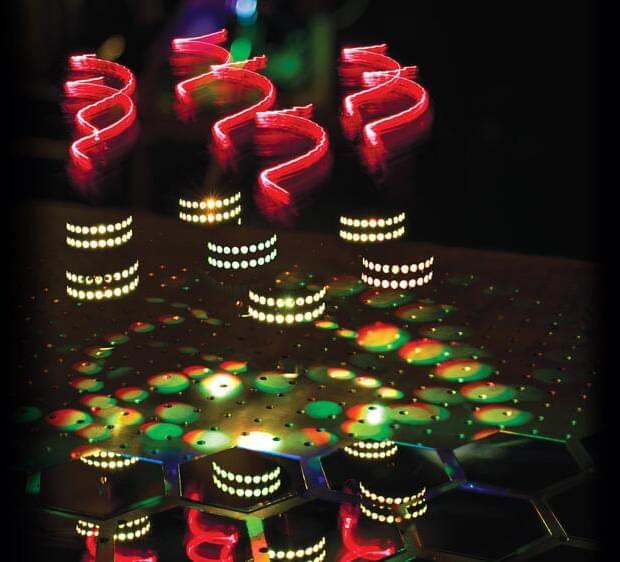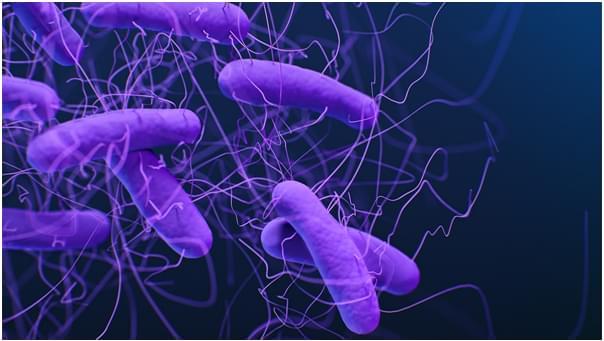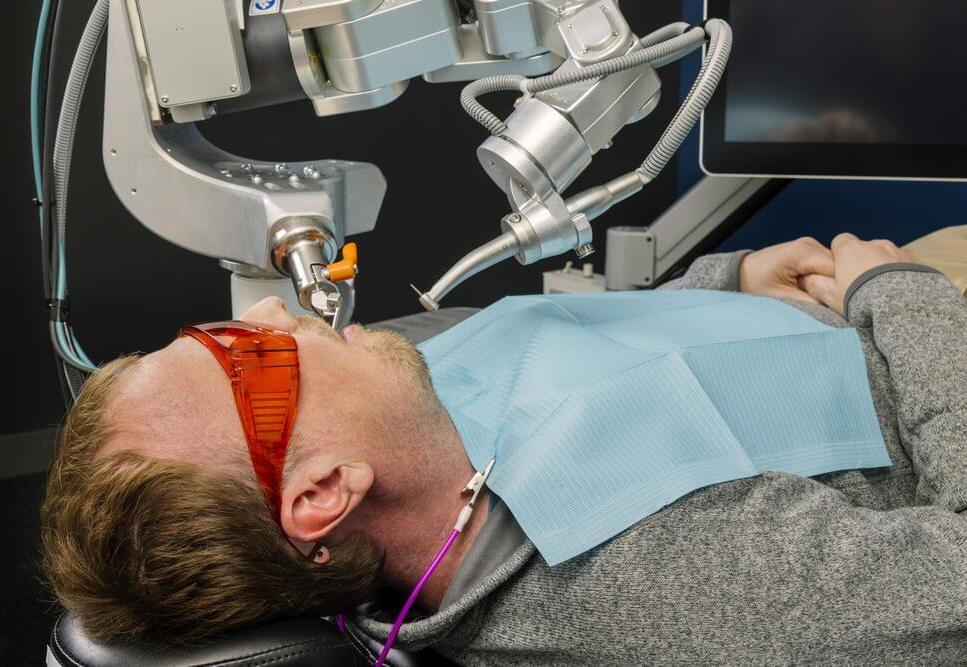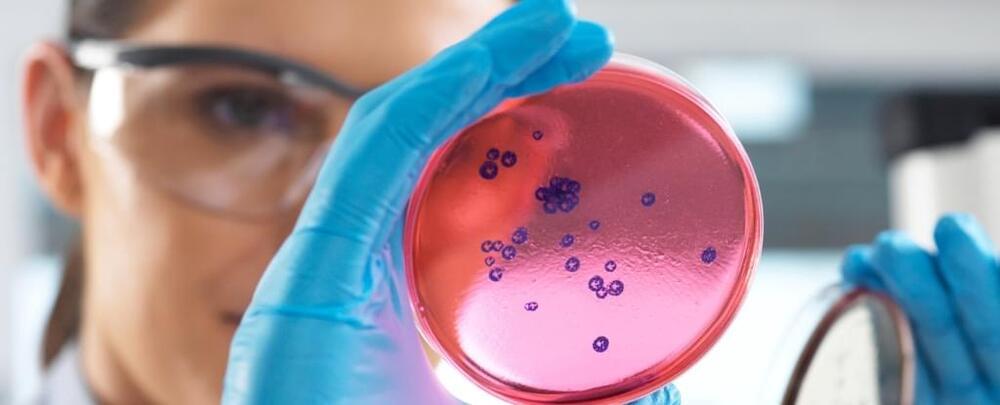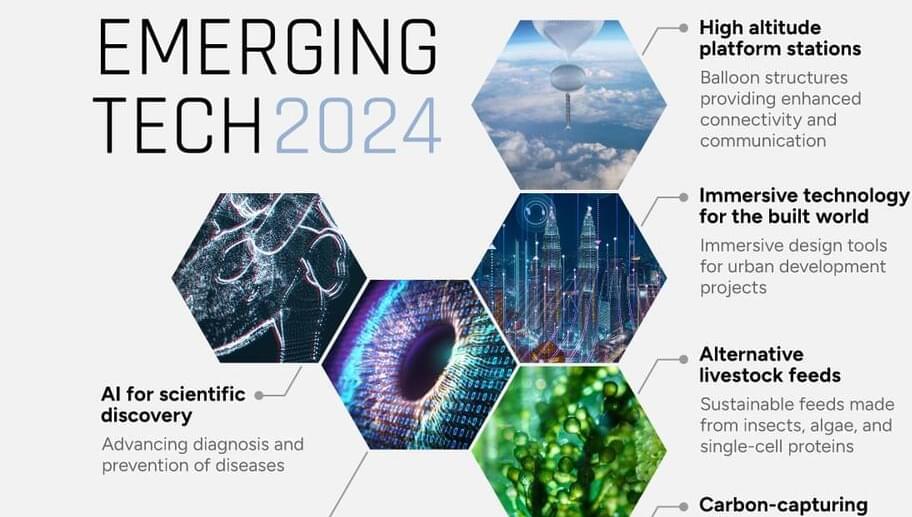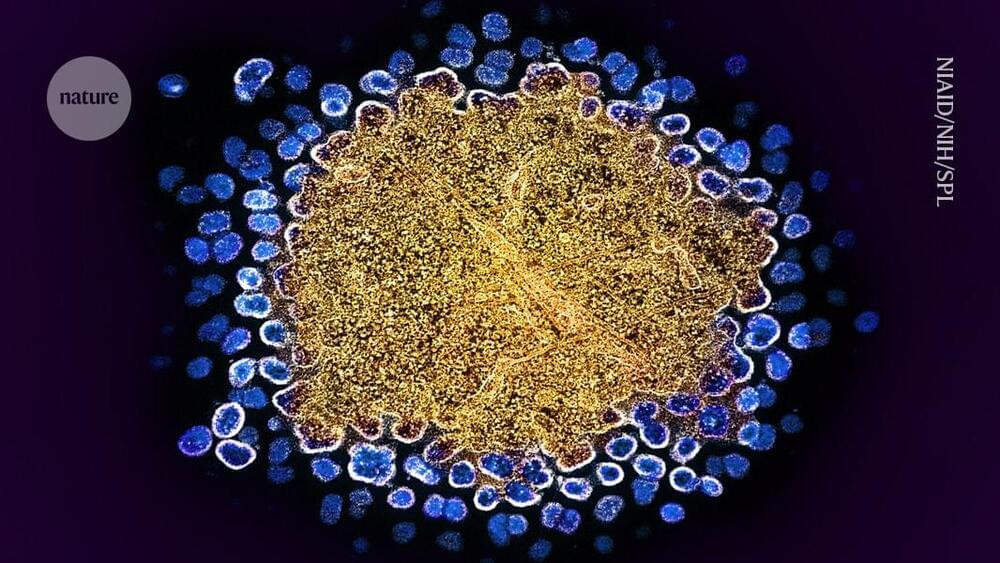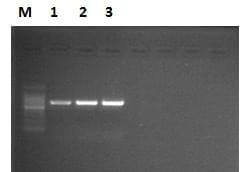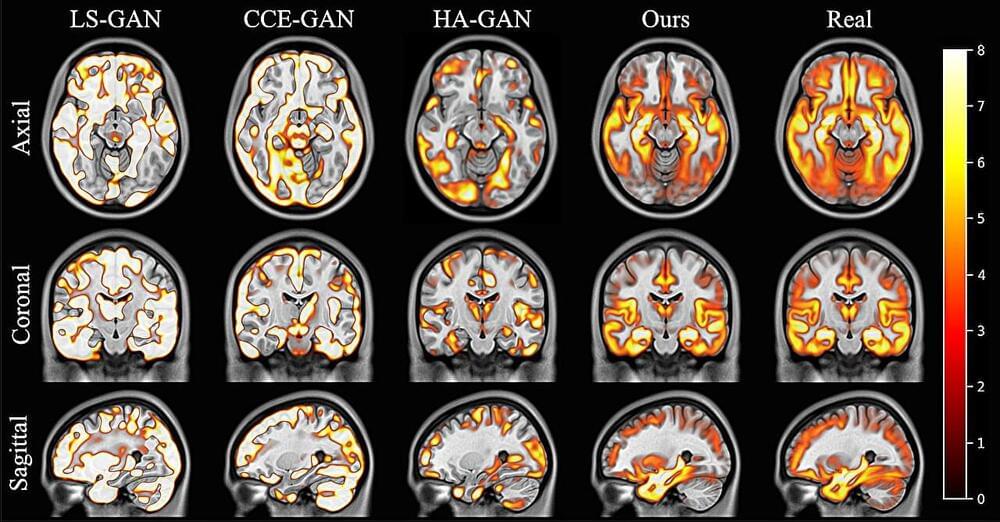
An AI model developed by scientists at King’s College London, in close collaboration with University College London, has produced three-dimensional, synthetic images of the human brain that are realistic and accurate enough to use in medical research.
The model and images have helped scientists better understand what the human brain looks like, supporting research to predict, diagnose and treat brain diseases such as dementia, stroke, and multiple sclerosis.
The algorithm was created using the NVIDIA Cambridge-1, the UK’s most powerful supercomputer. One of the fastest supercomputers in the world, the Cambridge-1 allowed researchers to train the AI in weeks rather than months and produce images of far higher quality.
